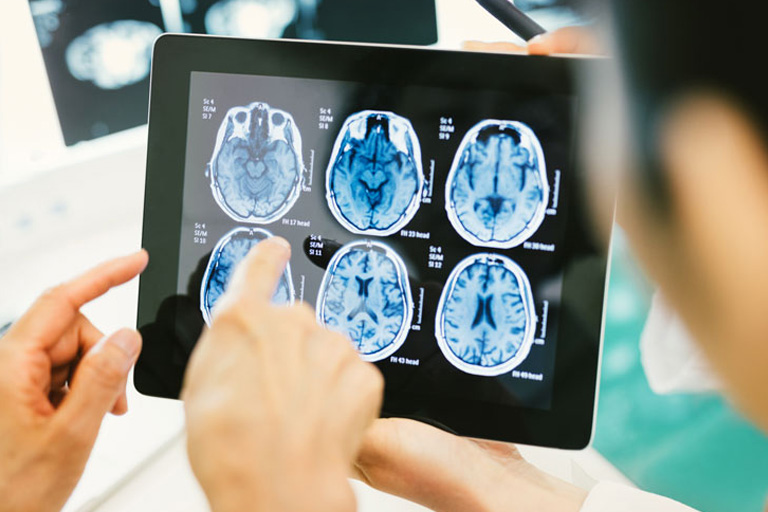An exclusive article by Jamie Castello at EMRIndustry.
It would be surprising to suggest that there are still issues and challenges surrounding the move from paper to technology for EMR, but it is a true reality that physicians still face within the industry, especially from a legal point of view. Despite technology use within the industry being around for decades and an increase of practices adopting EMR systems, they continue to pose a legal threat to many businesses from a implementation perspective.
Malpractice Claims
One issue that physicians can come across when implementing a new EMR system over an old one is the risk of error. The physicians require correct knowledge of the system in order to use it properly and considering the sensitivity of the documents that are being handled, this can be detrimental to the practices initially if misdealt.
EMR systems also structure and organise records in a way that can make malpractice claims more legitimate and can either support or backfire on the physician in a malpractice claim. For example, time stamps that are registered in the system can monitor staff’s appearance during critical situations in a case. This heightened detail of the records means prosecutors can find details more easily.
Chance Of Medical Errors Increased
Although the introduction of EMR systems is to decrease the risk of mistakes and errors, the fact it is so dependent can also make the mistakes made more apparent. Medical staff can become complacent in their data input when it comes to completing medical records and functions such as copy and paste can change a beneficial tool into a risky one as long trails of mistakes can form.
Not only that, but there’s also the opportunity for bugs and viruses to affect medical records compared to traditional methods which weren’t capable of this problem. The correct software and installation of hardware are required in order to make the medical records secure.
Risk of Breaches and Theft
Healthcare records obtain extremely sensitive data about one’s medical record, which makes it a prime location for risk and unauthorised access. Data theft continues to rise in all aspects as fraudsters and hackers aim to gather information to fuel their own greed. According to Healthcare Innovation, data breaches within the medical sector hit an all-time high in 2016, rising an additional 30%.
To prevent this from happening, important steps that hospitals can take is to place comprehensive policies and hardware protection to make sure that the records remain secure. Records should also be kept as a backup if data breaches were to occur so the practice isn’t completely at risk of losing vital information to the wrong hands. If this happens, the relevant legal parties such as Manchester solicitors would need to be introduced, which could be costly and lengthy.
Devotion From Healthcare Leaders
Moving from traditional storing of records to an electronic method can take time to embed within a medical practice, especially with the novelty of EMR systems. This may mean that the leaders within the EMR industry and healthcare would have to devote more time in strategy and education to make sure that physicians don’t mistakenly get into legal issues out of ignorance. There should also be cooperation between IT departments and physicians and provide constant communication whenever changes are made to new tools are produced to help benefit the physicians. This will make them less resistant to change.




































